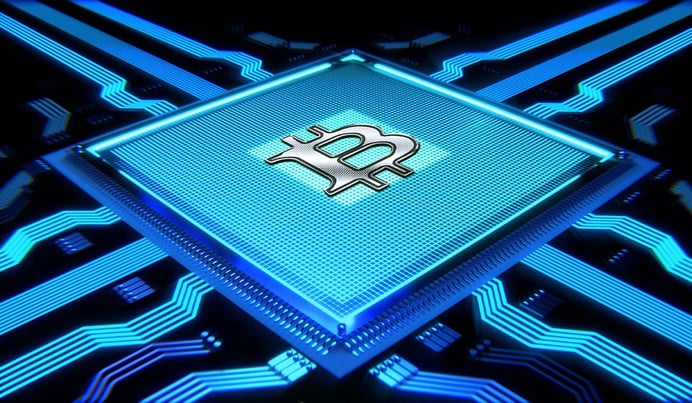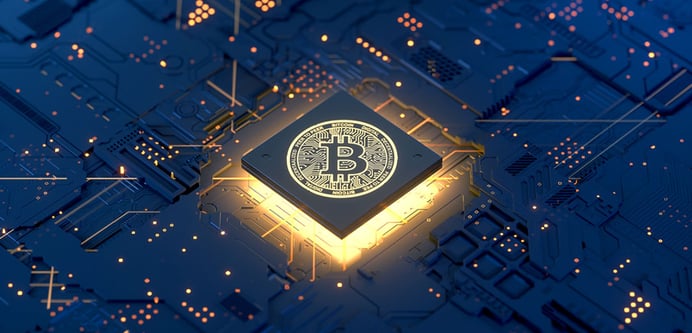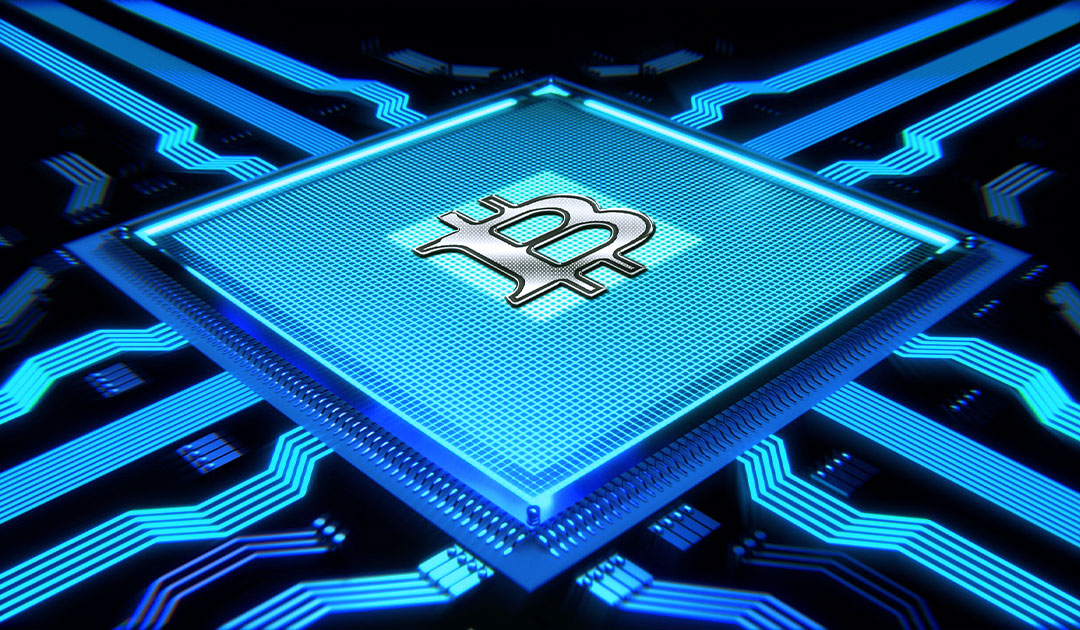
Blockchain is a distributed, unchangeable ledger that makes recording transactions and managing assets in a corporate network system much easier. An asset can either be tangible (a house, car, cash, or land) or intangible (intellectual property, patents, copyrights, branding). As we're dealing with a digital ledger here, we can conclude that everything on a blockchain is intangible, however, virtually anything of value can be recorded, traded, and viewed on the blockchain network, leading to reduced risks and costs for the parties involved.
Business runs solely on information. The faster it’s received and the more accurate it is, the better! Blockchain is ideal for delivering that information because it provides immediate, shared and completely transparent information stored on an immutable ledger that can be accessed only by permitted network members. A blockchain network can track orders, payments, accounts, production, and much more. As members share a single view of the goal at hand, you can see all details of a transaction end-to-end, giving you greater confidence, as well as fresh efficiencies and opportunities. From this transparency arises trust between both the parties, creating the chances of them to continue utilizing the blockchain as they now have faith in it. Quite clearly, a lot of people have this same intensity of faith in this novel method of informational value.
Blockchain-as-a-Service (BaaS): By offering a third-party cloud-based infrastructure, companies can utilize the cloud features to build their blockchain-based applications and operate seamlessly in the blockchain network. Multi-national companies like IBM, Microsoft, and Amazon are providing these said networks for other up-and-coming IT companies to set their foundation through blockchain. By offering blockchain models, information establishments can run better business affairs and end-to-end operations. Unlike conventional cloud services and servers, Blockchain based cloud computing enables high processing power and speed, resulting in quick turnaround time and better chances for a business to succeed. To add to this, running in a blockchain network is cheaper, faster, and more reliable. No more heavy maintenance fees for your hot and laggy servers!

Non-Fungible Tokens (NFT): The term NFT has become closely associated with the blockchain network. Blockchain based Non-fungible tokens are in pretty high demand. Essentially, NFT is a unique cryptographic token that cannot be interchanged, and due to its uniqueness, this type of ‘tokenization’ has become extremely popular. The concept behind this token is that it can be in the possession of only one owner and is often priced at exorbitant rates. Today, most professionals and artists are slowly moving towards creating digital wallets and investing in NFT.
Blockchain and Artificial Intelligence: The technology of blockchain is slowly starting to seep its way into other industries and avenues. People are starting to take notice of the value and security that Blockchain has to offer. In the Artificial Intelligence sector, verifying data moving through multi-organization networks can offer great opportunities in this field. For example - Bext360, a chain digitization company, utilises blockchain technology, machine vision and artificial intelligence to improve its global supply chain.
Central Bank Digital Currency (CBDC): Just like NFT, Bitcoin was a popular terminology which then made its first association with the idea of a blockchain. After its rise in value and fame, Cryptocurrency became the new face of the monetary system. A few countries have started to take notice of this and are slowly planning to implement a national digital currency. Central Bank Digital Currencies are making their way way into the market where digital tokens issued by the central banks offer users to use this as a form of currency instead of tangible paper money or liquidated funds. CBDC’s seem to be slowly gaining recognition and this positive reception from governments is a sign that the blockchain network is heading in the upward direction.

Decentralized Finance (DeFi): To get funds issued from a conventional government, the pre-requisites by the standard are a government ID, Social Security number, proof of address, and a lot more details. After digging in to collect all this data, photocopies, signatures, and sometimes long queues are what ensues for this process. Rather than going through this middlemen route, Defi (Decentralized Finance) is offering financial products to the general public on a decentralized blockchain network, creating a free space for almost anyone to open it. Simply put, DeFi refers to a system in which buyers, sellers, lenders, and borrowers connect peer to peer or with a strictly software-based middleman rather than a firm or organization conducting a transaction using software developed on blockchains. DeFi is set to change the way banking works.
In a niutshell, Blockchain networking and technology are looking to change the way our future handles finances. With such a disruptive force present, people are slowly starting to understand the value behind the peer-to-peer exchange and are feeling safer owning a couple of bitcoins compared to keeping money in their very own homes. These trends are to be looked at in the future, as in the next couple of years, this is going to be significant as it appears that blockchain tech as a whole is going to be the dominant form of currency exchange.
Agnos can help you and your business achieve your goals using the latest technologies by staying up to date with trends across various lines of business. Work with us to build the future technology!






.png)